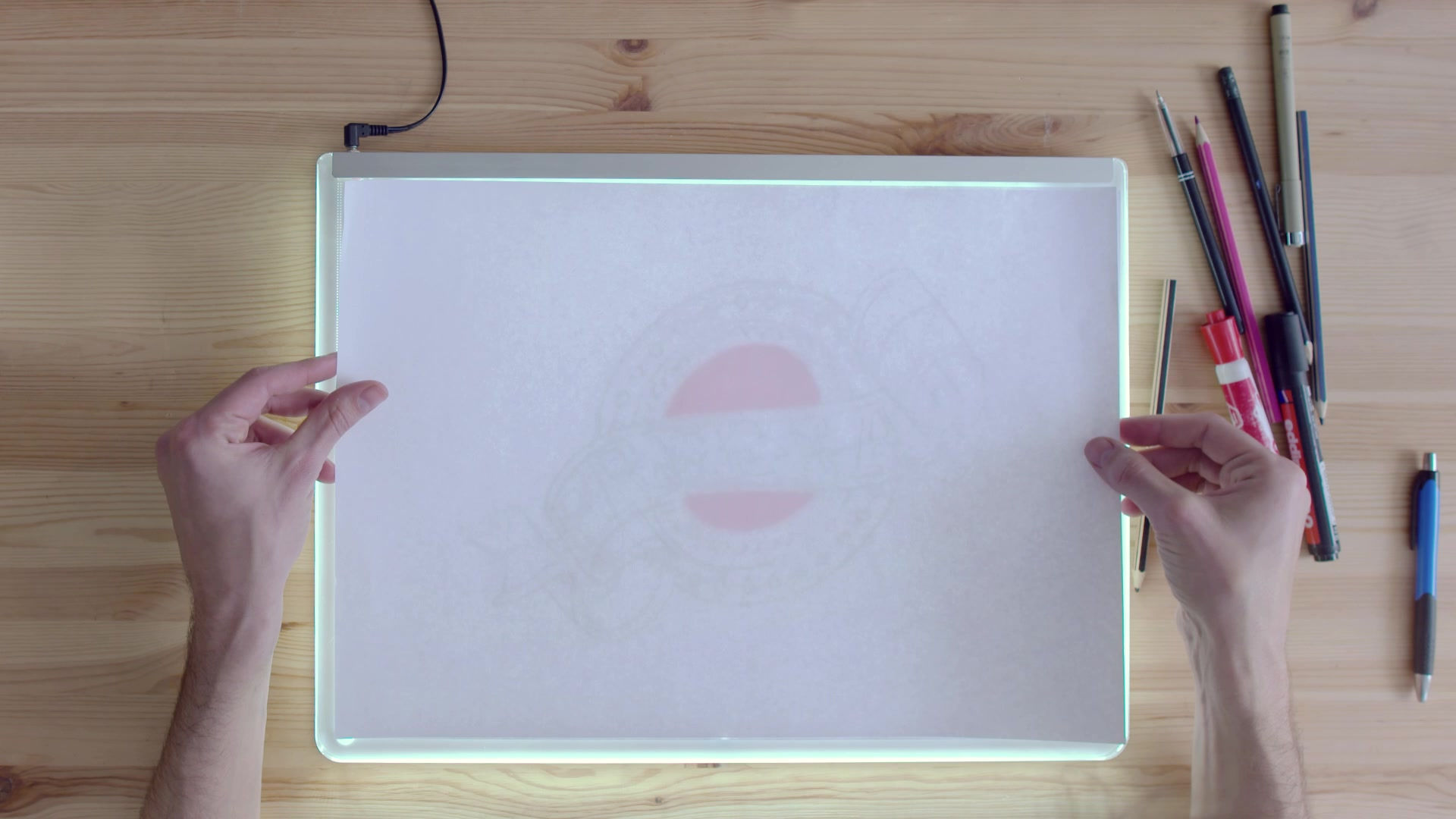
When it comes to understanding the world of CODA (Children of Deaf Adults), there's a lot more to it than meets the eye. CODA, often represented by this acronym, refers to individuals who were raised by one or more Deaf parents or legal guardians. In this article, we will delve deep into the fascinating realm of CODA, exploring the stark differences between the characteristics of Good CODA and Bad CODA.
What is CODA, and Why Does it Matter?
CODA, as we've already mentioned, stands for Children of Deaf Adults. These individuals share a unique upbringing where sign language plays a pivotal role in communication within their families. This language, rich in expression through facial cues and gestures, forms the cornerstone of their interaction. But what distinguishes a Good CODA from a Bad CODA?
Good CODA: A Beacon of Support
Good CODAs are those who truly embrace their unique upbringing and actively support their Deaf parents, whether they are Deaf single moms, Deaf single dads, or Deaf couples. They recognize the beauty and effectiveness of sign language, understanding that it fosters seamless communication within the family.
The Significance of Boundaries
Good CODAs respect boundaries. They understand that while they may possess sign language skills, they should not be relied upon as the primary interpreters for their parents, especially in non-emergency situations. Instead, they advocate for the use of professional interpreters to ensure effective communication. This respect for boundaries creates a healthy and harmonious family dynamic.
Love and Inclusion
One of the hallmarks of a Good CODA is their genuine love and inclusion of their Deaf parents, Deaf single dads or Deaf single moms in their lives. They recognize the importance of mutual respect and support, ensuring that their parents are never left out of important family gatherings or discussions. This love and inclusion are the cornerstones of a happy CODA-Deaf parent relationship.
Bad CODA: The Detrimental Approach
On the flip side, we have Bad CODAs, individuals who take a negative stance towards their Deaf parents, Deaf single dads or Deaf single moms. These CODAs often exhibit selfish behaviours and attempt to exert control over their parents' lives.
Overstepping Boundaries
Bad CODAs frequently cross boundaries. They may feel entitled to make decisions for their Deaf parents, Deaf single dads or Deaf single moms, disregarding their parents' wishes or desires. This overbearing attitude can lead to conflict and unhappiness within the family.
Disrespect and Discrimination
A defining trait of a Bad CODA is their lack of respect and consideration for their Deaf parents, Deaf single dads or Deaf single moms. They may ignore sign language communication and opt to follow hearing parents instead. This choice not only hurts their Deaf parents, Deaf single dads or Deaf single moms emotionally, but also perpetuates discrimination and misunderstanding.
Influence of Hearing Parents
In some cases, Bad CODAs may be influenced by hearing parents or other hearing figures in their lives. These influences can lead to negative perceptions of Deaf culture and a distorted view of their Deaf parents, Deaf single dads or Deaf single moms. It's crucial for hearing parents to refrain from imparting harmful stereotypes or biases to their CODA children.
The Importance of Love and Support
In conclusion, the CODA experience can vary dramatically depending on whether one is a Good or Bad CODA. For those raised by Deaf parents, it's essential to reflect on the significance of love, respect, and support. Deaf parents, whether single or in a partnership, provide their CODA children with a beautiful language - American Sign Language (ASL) - and a unique identity.
The Wake-Up Call
As time passes and Deaf parents, Deaf single dads or Deaf single moms age, CODAs may come to realize the impact of a sense of pride and fulfillment in knowing that they treated their parents with kindness, love, and respect. They understand the importance of boundaries and the significance of their Deaf heritage. Good CODAs cherish the moments they spent together, communicating fluently through ASL, and supporting each other's growth.
A Plea for Change
It's crucial for all parties involved, including hearing parents, to understand the profound impact they can have on a CODA's life. Encouraging a positive view of Deaf culture and fostering a strong, supportive family environment can lead to happier and more well-adjusted CODAs.
Conclusion
In the world of CODA, there's a clear distinction between Good and Bad CODAs, based on their attitudes, behaviours, and approach towards their Deaf parents or Deaf single moms and Deaf single dads. Good CODAs, marked by their respect for boundaries, love, and support, bring harmony to their families. On the other hand, Bad CODAs, with their disrespect and discrimination, can cause turmoil and pain.
As we reflect on the CODA experience, let us remember the importance of nurturing a strong bond between CODAs and their Deaf parents. It's a journey filled with beautiful ASL communication, love, and the formation of a unique identity. Ultimately, the choice between being a Good CODA or a Bad CODA lies in the hands of the individual, but the impact resonates throughout their lives and the lives of their Deaf parents, Deaf single dads or Deaf single moms.























































Comments